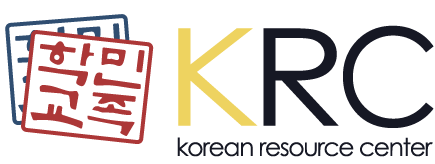 Dr. Angela Jo/UCLA-KRC Community Health Clinic Partner
Dr. Angela Jo/UCLA-KRC Community Health Clinic Partner
(Korea Daily 5-11-09)
The magnitude of the health care problem facing Korean Americans is at a calamitous proportion. Compared to other ethnic groups, Korean Americans disproportionately lack health care coverage and utilize fewer health care services than they need. Within the fragmented, poorly financed and poorly regulated health care system of the U.S., those without health insurance avoid medical treatments for simple problems and forego necessary preventive care and screening. Many medical problems if left untreated escalate and result in more expensive emergency room care, hospitalization, and even unnecessary death.
My heart especially goes out to the uninsured who came to this country to live a better life. Although they pay no less taxes than others, regardless of how dire their financial situation may be, they do not qualify for public programs that citizens qualify for.
Many community leaders take it upon themselves to alleviate this situation by setting up free clinics and sponsoring and volunteering at health fairs. Much of this compassionate work is necessary and helpful. However, the problem as a whole is much more extensive and deeper than what can be solved by free clinics and health fairs alone. Everyday I meet Koreans who go from health fair to health fair, unaware of or unable to access the more in-depth care they need. By relying on these health fairs alone, the kind of health care they receive is very superficial and fragmented. I have also met many who have been lost in the sea of frustration and disappointments in trying to access the care they need. Some have weeped uncontrollably in front of me as they recounted how they have exhausted all possibilities and have stood behind lines and waited for hours on end only to have doors shut in front of their faces. I’ve seen too many preventable disabilities and unnecessary deaths due to lack of access to primary and preventive care.
We are relatively new to this country. The population numbered less than 70,000 in 1970 but now over a million of us contribute to the economy and the diversity of this country. The US health care system is neither designed to include all Americans, nor could it evolve to become inclusive for immigrants if left alone. Rather than trying to patch up the tattered cloth that had never fit to start with, we need to contribute to the making of the new garb, starting from the fundamental weaving of the fabric. U.S. is our home and we need to contribute to making this country livable for us and those who come after us. We all - churches, clinics, businesses, community organizations, schools, adults, children, old and young - need to come together to mount an effective movement toward reform.
Sometimes, we may think that our opinions don’t matter or that our tiny voices won’t be heard. Robert F. Kennedy, in a 1966 speech to South African students said, “Each time a man stands up for an ideal, or acts to improve the lot of others…he sends forth a tiny ripple of hope and crossing each other from a million different centers of energy and daring, those ripples build a current that can sweep down the mightiest walls of oppression and resistance.” Let us stand up and let our voices be heard. Let us contribute to making this country a better place. Let us come together as a community to effect long term changes for all who work and reside here.
